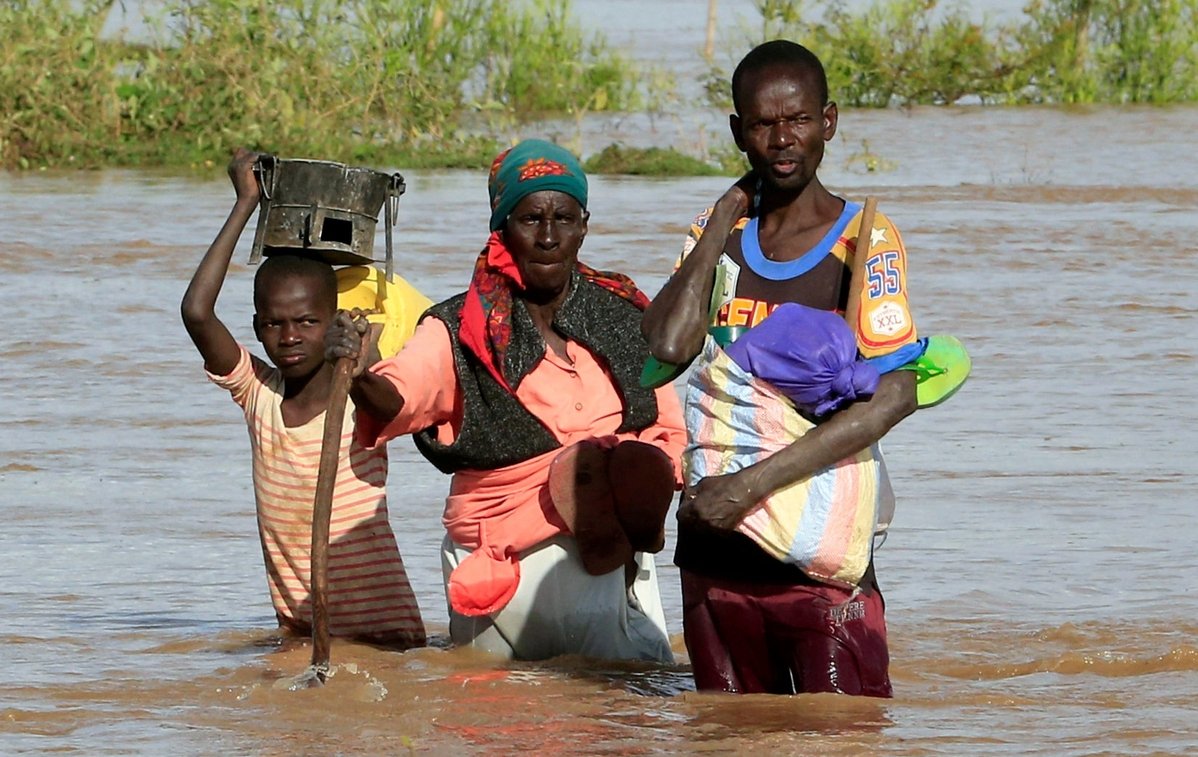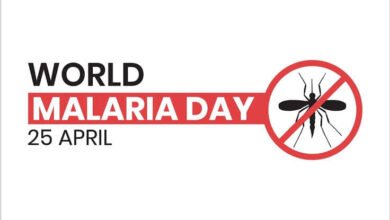Safeguarding Lives Amidst Catastrophic Floods: Child Protection Lessons from Recent Crisis

Story:
The catastrophic floods sweeping across Central and West Africa have exposed the fragile state of many regions, with torrential rains causing loss of life, destruction of property, and displacement of families. In Maiduguri, Borno State, Nigeria, the floodwaters have claimed lives, damaged homes, and unleashed chaos in a city already beleaguered by insurgency. The city’s main prison crumbled, freeing inmates, while corpses, both human and animal, floated in the streets. The destruction has left over 600,000 people displaced, with bodies pulled from the floodwaters and survivors recounting harrowing escapes. The impacts have rippled across the region, with Nigeria, Niger, Chad, and Mali facing the worst floods in decades, exacerbating humanitarian crises and stretching resources to their limits.
Senses: Child Safeguarding and Protection Principles:
- Right to Survival and Safety: The floods have endangered children’s most basic rights, exposing them to physical harm, waterborne diseases, and starvation as their homes and communities are washed away.
- Protection from Harm: Displacement and the collapse of infrastructure might expose children to exploitation, trafficking, and abuse in temporary shelters.
- Access to Essential Services: With schools, hospitals, and sanitation systems destroyed, children’s access to healthcare, education, and clean water has been severely disrupted, leaving them at risk.
- Psychosocial Support: The traumatic experiences of surviving floods, losing family members, and being uprooted demand urgent mental health and emotional support for the affected children.
Stones: Child Safeguarding Lessons for Parents, Government, and Society:
- For Parents: In the wake of extreme weather events, families must prepare for emergencies by learning and teaching their children basic survival strategies, such as evacuation plans, staying safe in floodwaters, and knowing whom to contact for help.
- For Governments: Governments should invest in disaster preparedness and resilient infrastructure that can withstand floods and protect communities. Early warning systems must be reliable, and evacuation routes should be clearly defined. Additionally, post-disaster shelters must be child-friendly, equipped with protection mechanisms, and staffed with trained professionals.
- For Society: Communities must come together to support one another during disasters, especially prioritizing the safety and well-being of the most vulnerable, including children and the elderly. Awareness campaigns on climate change and its impacts on local communities should be amplified to foster collective action for climate resilience.
Conclusion: The unprecedented flooding across West and Central Africa reveals not only the devastating impacts of climate change but also the gaps in safeguarding children and vulnerable populations in times of crisis. As families struggle to recover, the responsibility of parents, governments, and society is to ensure that our precious children are protected, supported, and empowered to withstand future calamities. The floodwaters will recede, but the lessons in resilience and protection must remain at the forefront of recovery efforts to build a safer and more prepared future.
Source of image: https://global.chinadaily.com.cn/





